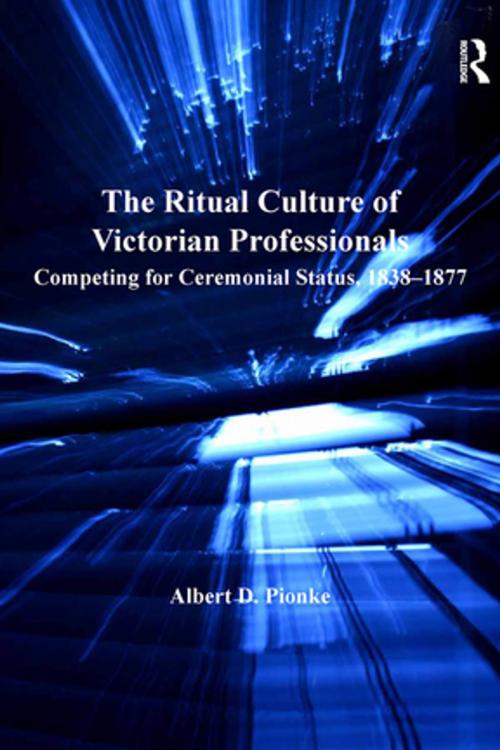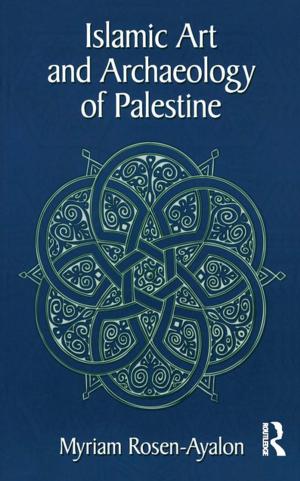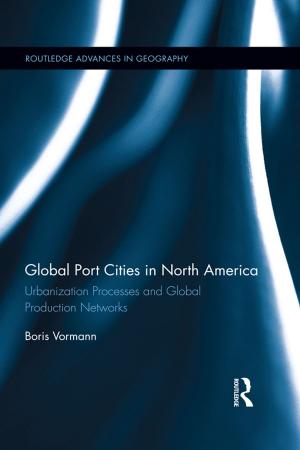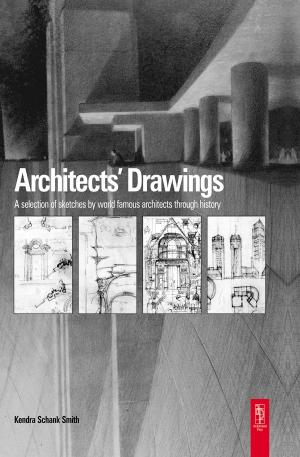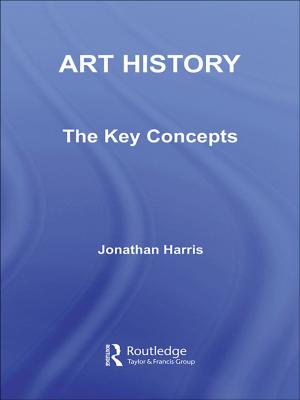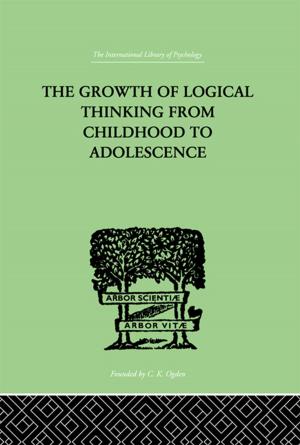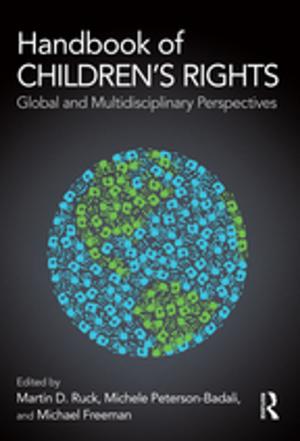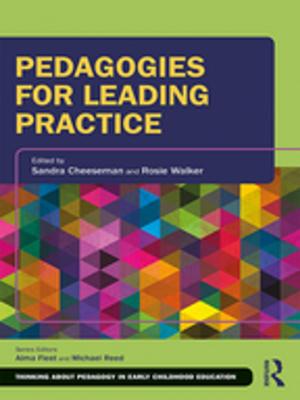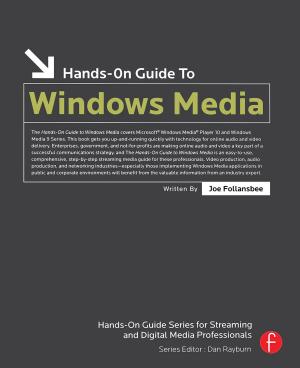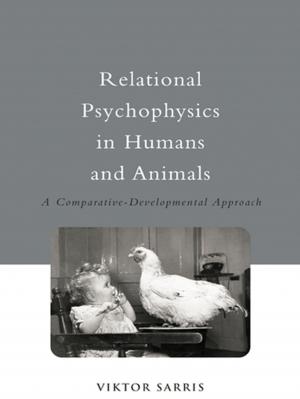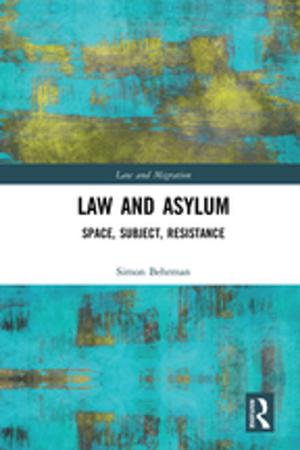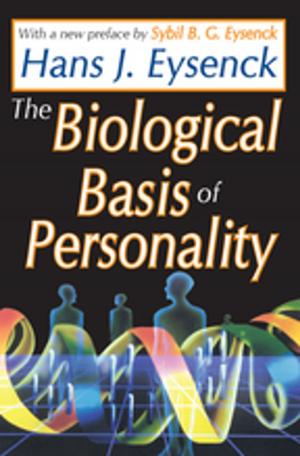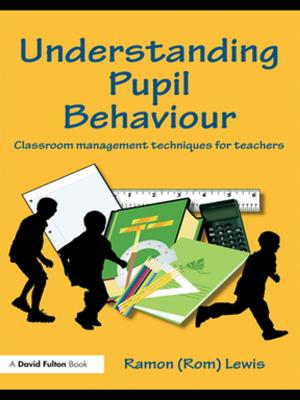The Ritual Culture of Victorian Professionals
Competing for Ceremonial Status, 1838-1877
Fiction & Literature, Literary Theory & Criticism| Author: | Albert D. Pionke | ISBN: | 9781317017370 |
| Publisher: | Taylor and Francis | Publication: | February 24, 2016 |
| Imprint: | Routledge | Language: | English |
| Author: | Albert D. Pionke |
| ISBN: | 9781317017370 |
| Publisher: | Taylor and Francis |
| Publication: | February 24, 2016 |
| Imprint: | Routledge |
| Language: | English |
Focusing on the middle decades of the nineteenth century, Albert D. Pionke's book historicizes the relationship of ritual, class, and public status in Victorian England. His analysis of various discourses related to professionalization suggests that public ritual flourished during the period, especially among the burgeoning ranks of Victorian professions. As Pionke shows, magazines, court cases, law books, manuals, and works by authors that include William Makepeace Thackeray, Thomas Hughes, Anthony Trollope, Charles Dickens, George Eliot, and Elizabeth Barrett Browning demonstrate the importance of ritual in numerous professional settings. Individual chapters reconstruct the ritual cultures of pre-professionalism provided to Oxbridge undergraduates; of oath-taking in a wide range of professional creation and promotion ceremonies; of the education, promotion, and public practice of Victorian barristers; and of Victorian Parliamentary elections. A final chapter considers the consequences of rituals that fail through the lens of the Eglinton tournament. The uneasy place of Victorian writers, who were both promoters of and competitors with more established professionals, is considered throughout. Pionke's book excavates Victorian professionals' vital ritual culture, at the same time that its engagement with literary representations of the professions reconstructs writers' unique place in the zero-sum contest for professional status.
Focusing on the middle decades of the nineteenth century, Albert D. Pionke's book historicizes the relationship of ritual, class, and public status in Victorian England. His analysis of various discourses related to professionalization suggests that public ritual flourished during the period, especially among the burgeoning ranks of Victorian professions. As Pionke shows, magazines, court cases, law books, manuals, and works by authors that include William Makepeace Thackeray, Thomas Hughes, Anthony Trollope, Charles Dickens, George Eliot, and Elizabeth Barrett Browning demonstrate the importance of ritual in numerous professional settings. Individual chapters reconstruct the ritual cultures of pre-professionalism provided to Oxbridge undergraduates; of oath-taking in a wide range of professional creation and promotion ceremonies; of the education, promotion, and public practice of Victorian barristers; and of Victorian Parliamentary elections. A final chapter considers the consequences of rituals that fail through the lens of the Eglinton tournament. The uneasy place of Victorian writers, who were both promoters of and competitors with more established professionals, is considered throughout. Pionke's book excavates Victorian professionals' vital ritual culture, at the same time that its engagement with literary representations of the professions reconstructs writers' unique place in the zero-sum contest for professional status.
